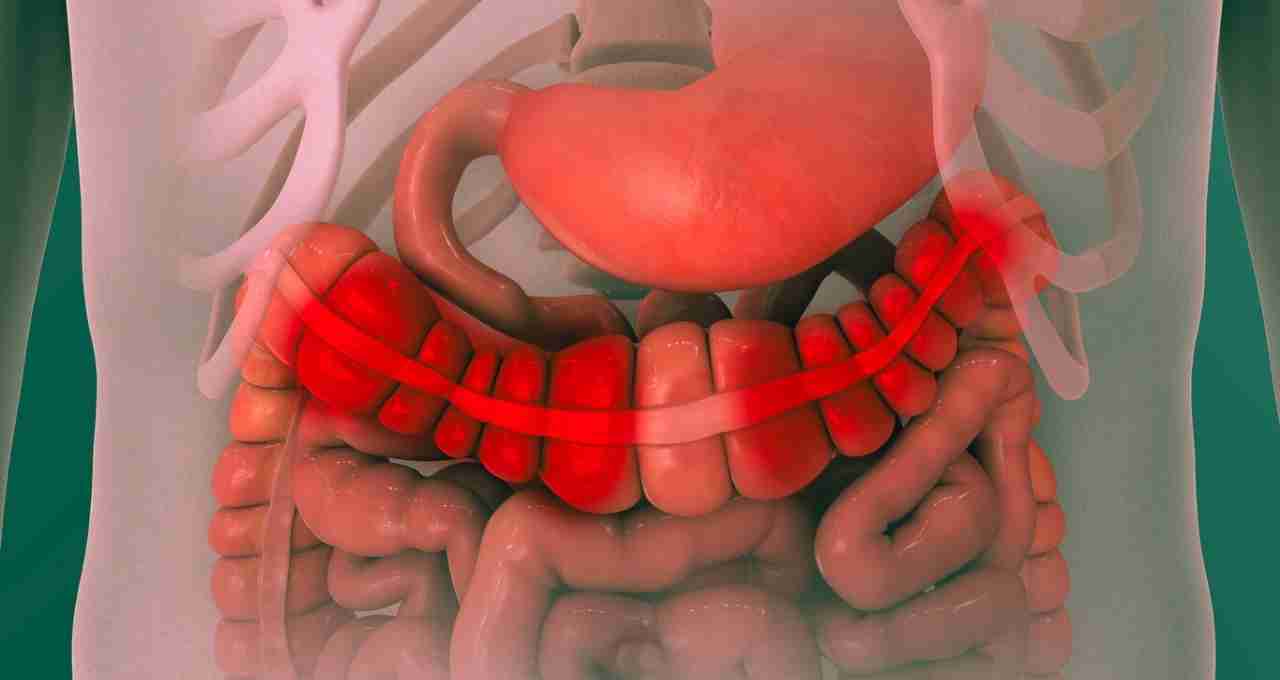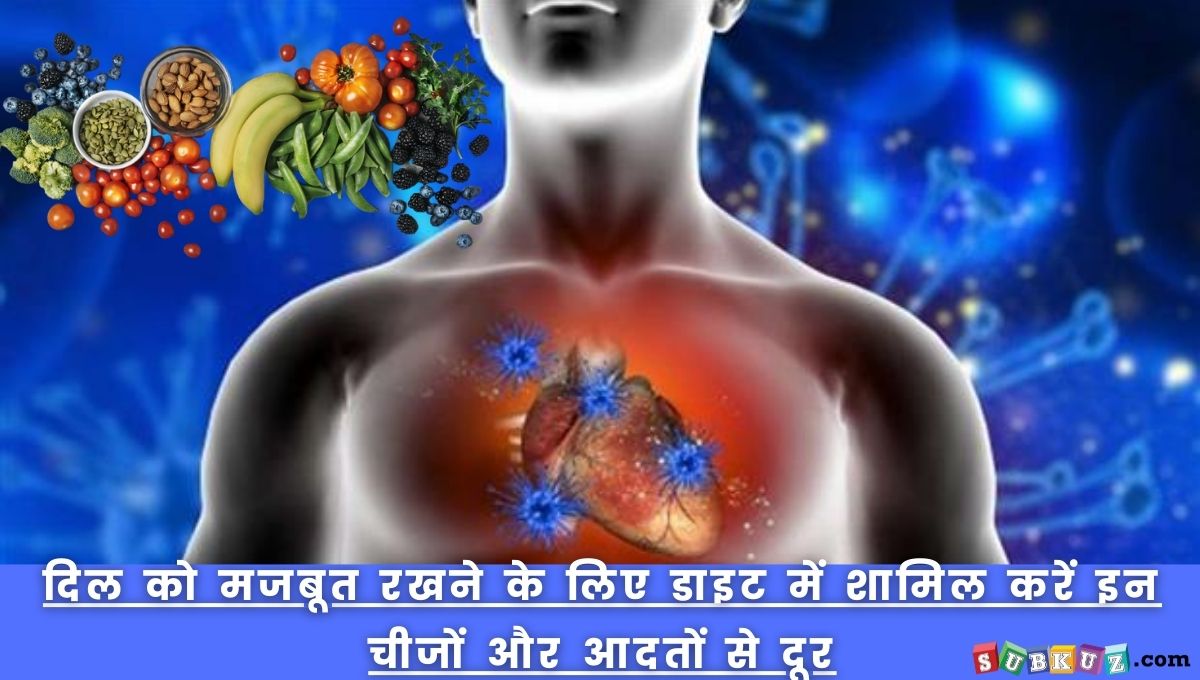If you experience abdominal fullness, gas, pain, or bloating even after eating a small amount of food, it could be a sign of Irritable Bowel Syndrome (IBS), which can be managed with the right diet and lifestyle changes.
Many people today complain of feeling full even after eating very little. Some even say they have no appetite, and when they do eat, they experience problems like gas, bloating, abdominal pain, diarrhea, or constipation. Is this a serious illness or something else? Dr. Amit Miglani, Director and HOD of the Gastroenterology Department at AIIMS, Faridabad, has provided detailed information on this.
Why does abdominal fullness occur?
When we eat, our digestive system becomes active, helping food digest easily. However, some individuals experience digestive irregularities, a condition known as Irritable Bowel Syndrome (IBS). IBS causes irregularity in the digestive system's motility. Sometimes it becomes very fast, and sometimes very slow, leading to problems such as abdominal fullness, gas, bloating, pain, diarrhea, or constipation. Some people have very sensitive intestines, causing them to feel full even after eating a small amount.
How to identify IBS

- IBS symptoms can vary from person to person. Some common symptoms include:
- IBS-D (Diarrhea-predominant): This is a condition where the individual experiences frequent loose stools.
- IBS-C (Constipation-predominant): In this, the individual experiences frequent constipation, leading to abdominal fullness and discomfort.
- IBS-M (Mixed type): This involves alternating diarrhea and constipation, often accompanied by abdominal pain.
These symptoms cause constant abdominal discomfort and make it difficult to live a normal life. Treatment is necessary, but it's important to understand that IBS is not a serious illness and can be managed with lifestyle changes.
Causes of IBS
One of the main causes of IBS is excessive intestinal sensitivity. Normally, when we eat, our intestines move to digest the food. But in IBS, this movement either becomes too fast or too slow. In addition, mental stress can worsen IBS symptoms. Stress affects intestinal function and exacerbates abdominal problems. In some cases, this problem may also be due to an overgrowth of bacteria within the intestines, which disrupts digestion.
How to manage IBS
IBS is not completely curable, but it can be managed through proper diet, lifestyle, and mental peace. If you are troubled by IBS symptoms, the following measures can help:
Dietary Changes:
Reduce oily and spicy food: These foods put pressure on the intestines and can cause problems like gas and bloating.
Reduce cold food intake: Excessive consumption of cold food can also upset the intestines. Try to prioritize fresh and light meals.
Avoid prolonged fasting; eat small, frequent meals:

Prolonged fasting or eating large meals at once puts pressure on the intestines. To control this, it's better to eat small meals throughout the day. This will reduce the pressure on the digestive system and prevent abdominal fullness.
Reduce stress:
Mental stress can worsen IBS symptoms. Therefore, if you are troubled by this problem, use meditation, yoga, and breathing exercises to promote mental peace. Reducing stress also improves digestive function.
Drink plenty of water:
People struggling with IBS may experience constipation and diarrhea. In such cases, water intake becomes crucial. Drinking plenty of water improves intestinal health and improves the digestive process.
Light exercise and walks:
Include light exercise and regular walks in your daily routine. This helps keep the digestive system healthy and reduces abdominal pain and fullness. Walking improves blood circulation in the intestines and relieves gas problems.
IBS is a common problem, but it can be managed by improving lifestyle. Proper diet, mental peace, and regular exercise can significantly reduce IBS symptoms. If you are struggling with this problem, make changes to your diet and seek medical advice.














